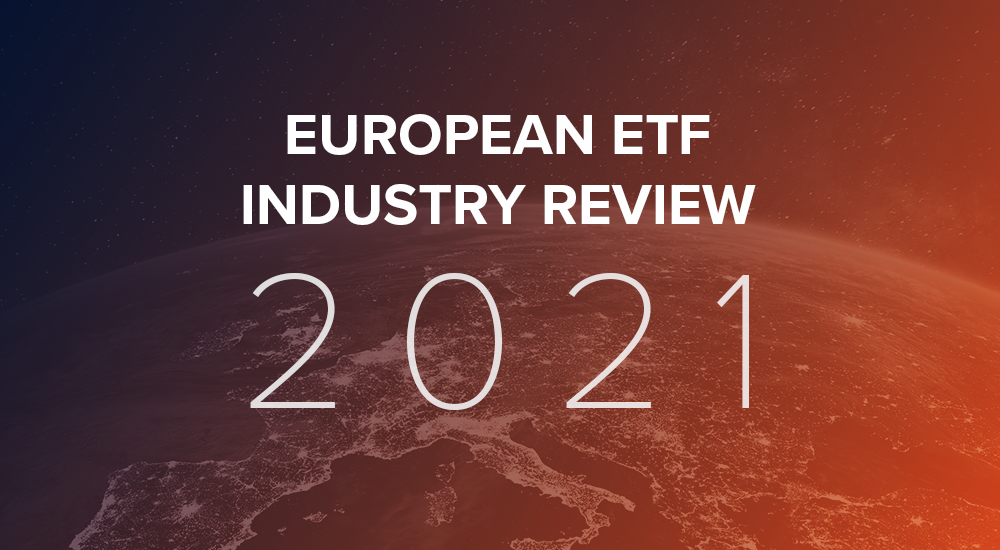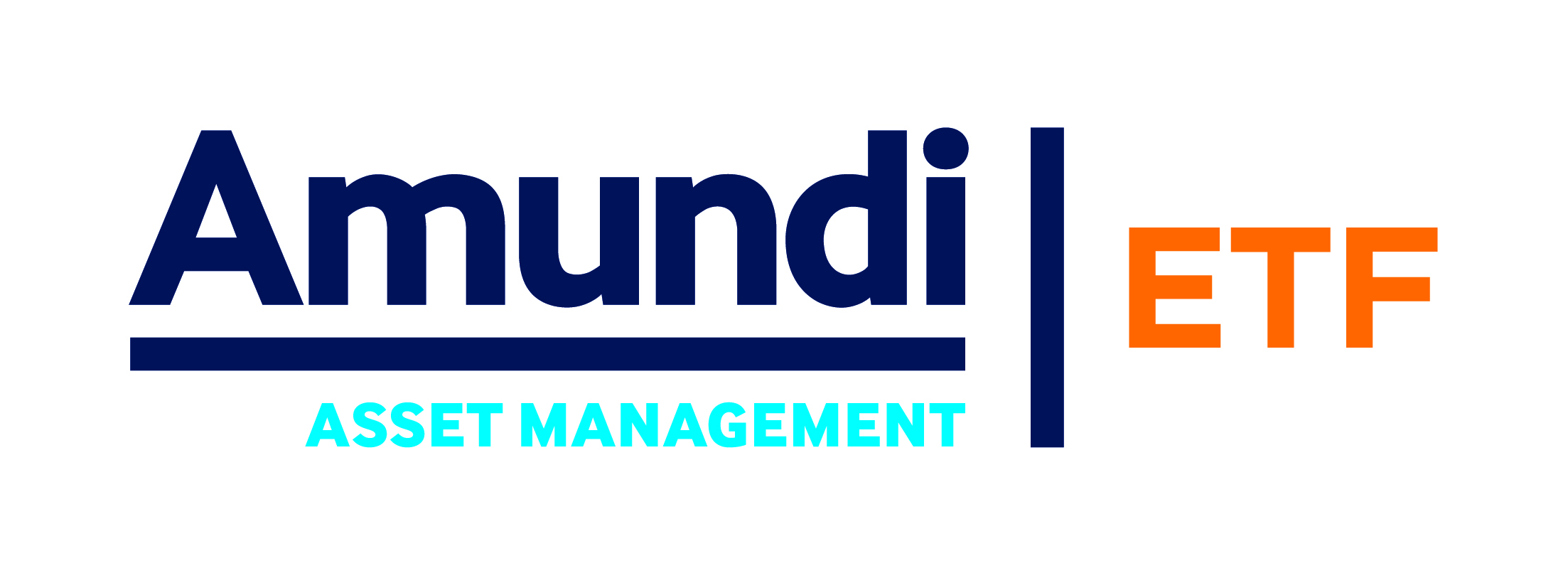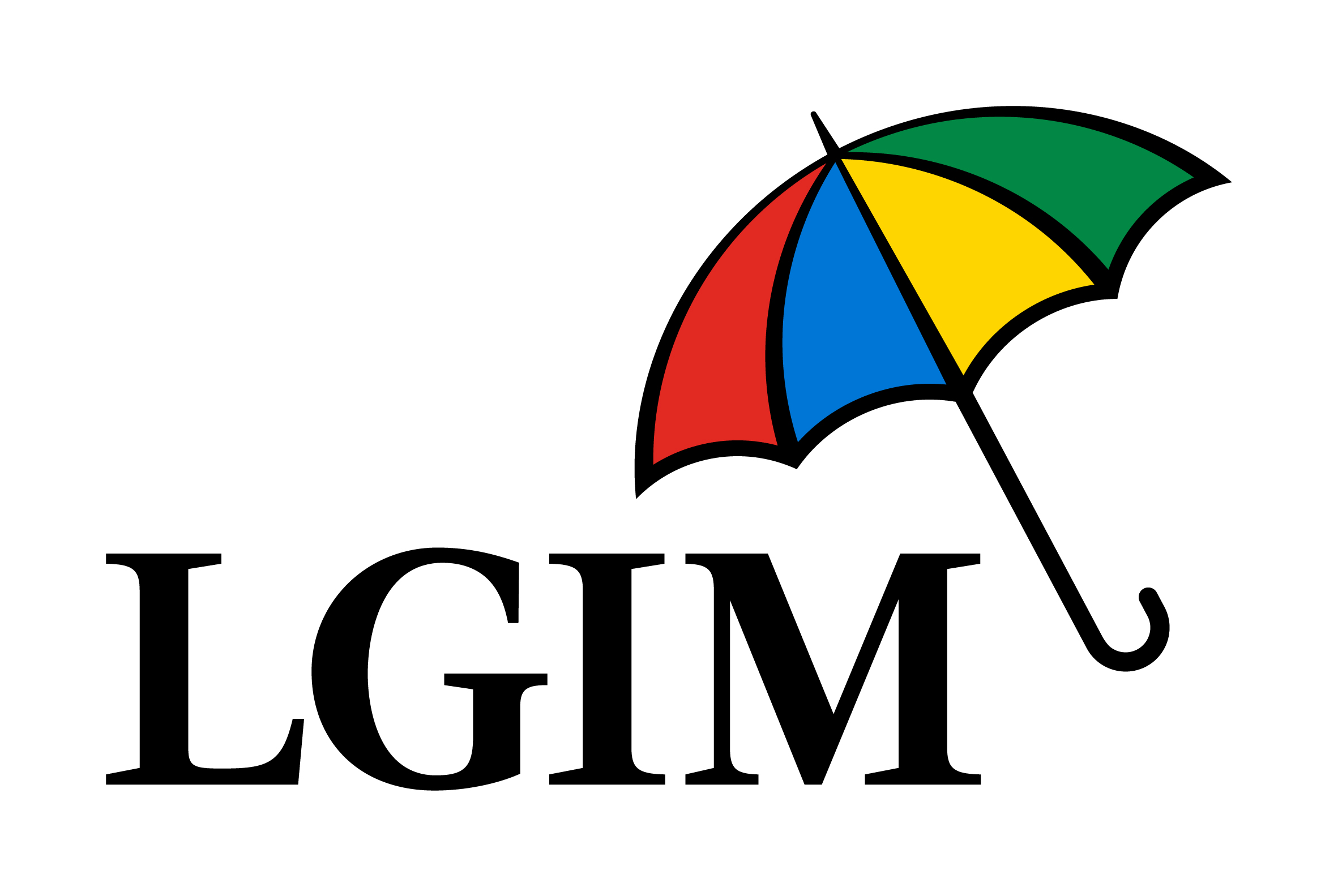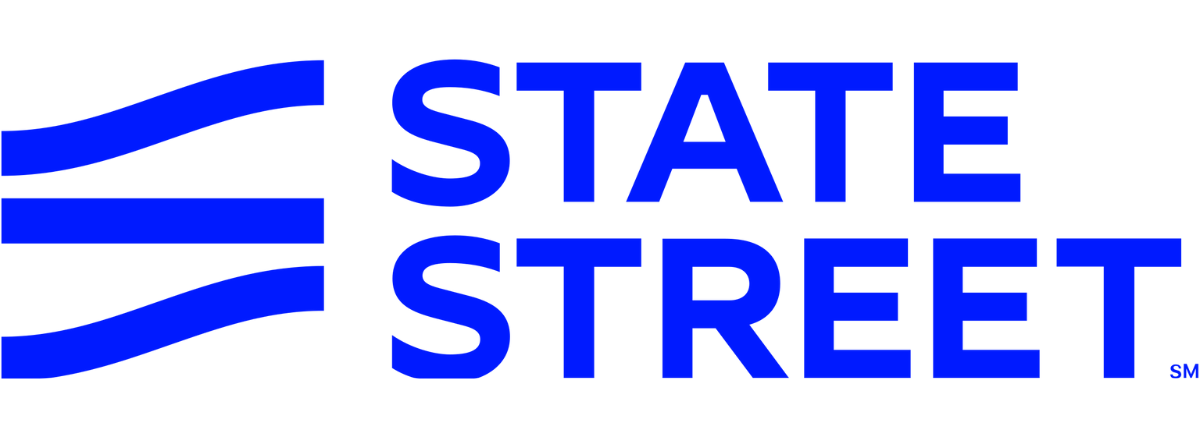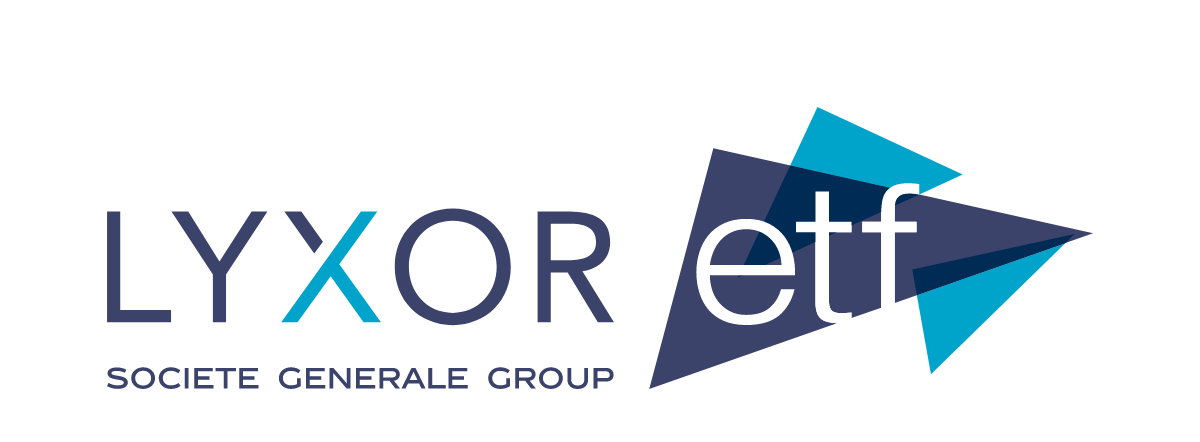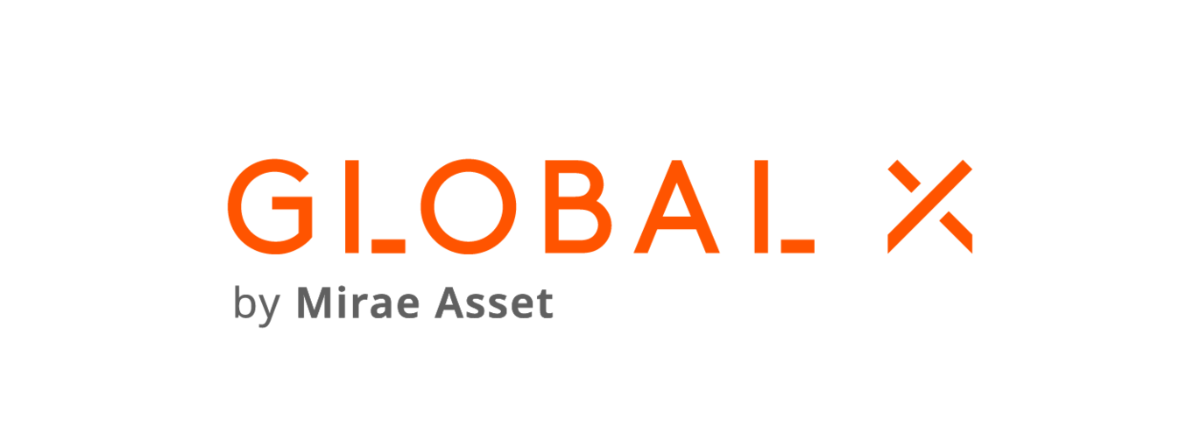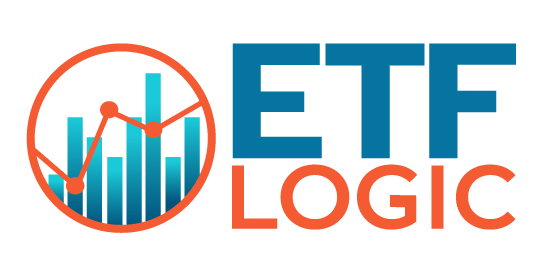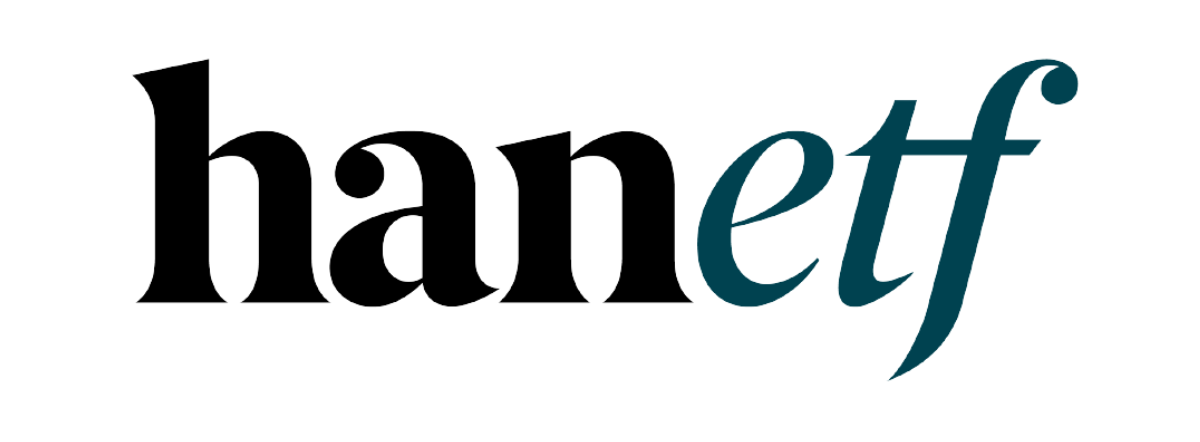The global exchange-traded fund market is in rude health after passing $1trn yearly inflows for the first time in history this year, driven by favourable markets and greater participation from retail investors.
The European ETF market, in particular, is on course to deliver its customary 20% growth this year with assets hitting $1.5trn by the end of November, according to data from ETFLogic.
While the ETF market in Europe still has issues such as fragmentation and retrocession fee models to address, it continues to be the leading light from an ESG perspective with investor demand soaring this year.
Highlighting this, approximately 50% of flows into ETFs listed in Europe this year have been into ESG, according to data from Invesco, as sustainable investing seeps into both core and satellite holdings.
One interesting development towards the end of 2021 has been the move to incorporate the European Union’s climate benchmarks – the Paris Aligned (PAB) and Climate Transition (CTB) – into more mainstream ESG ETFs.
BlackRock was the first to announce this move in late October when it partnered with MSCI to change the methodology of its $9bn ESG enhanced ETF range to be aligned with the CTB.
Invesco and BNP Paribas Asset Management have also made moves in this area and it will be interesting to see what the demand is for these strategies heading into 2022.
One major challenge for asset managers this year has been the introduction of the Sustainable Finance Disclosure Regulation (SFDR) which looks to help investors distinguish between different strategies available in Europe by labelling them Article 6, 8 or 9.
While phase one came into effect earlier this year, the European Commission has delayed the second phase twice this year due to the “length and technical detail” of the directive. In particular, asset managers are required to report on 18 data points to prove they deserve to be labelled the way they are.
Inflation rears head
If 2020 was the year of volatility resulting from the coronavirus pandemic, then 2021 was the year inflation came roaring back after three decades in the doldrums.
In the US, inflation rose by 6.2% in the 12 months to October, up from 5.4% the month before, the fastest increase since 1990, while in the UK, the Bank of England hiked interest rates by 10 basis points to 0.25% after the Consumer Price Index (CPI) rose 5.1% in the year to November, up from 4.2% in October.
With the threat of inflation in play, investors ramped up their protection this year. According to data from Amundi, inflation-related ETFs in Europe saw €5.6bn inflows so far in 2021, a 75% increase from the previous year.
How central banks react will be critical for markets next year. Move too slowly and this could overheat the economy, however, tighten policy too quickly and this will suffocate the recovery. The Federal Reserve is signalling three interest rate hikes next year which could drive investors to shorter-duration bond ETFs next year.
M&A in play
The European ETF market is set to become even more concentrated next year after the biggest ETF acquisition in a decade was struck between Amundi and Société Générale for the former to purchase Lyxor in a deal worth €825m.
The acquisition will lead to a firm with over €150bn ETF assets under management (AUM). The combined business is set to challenge DWS for second spot in the coming years, however, both remain well behind BlackRock which controls approximately 45% of the ETF market in Europe.
Elsewhere, Invesco and State Street entered into talks to potentially merge asset management arms which would have created a strong contender in Europe, however, no deal was agreed between the parties.
Meanwhile, after telling the audience at ETF Stream’sETF Ecosystem Unwrapped event that he was in the market for an ETF issuer, Martin Gilbert’s AssetCo purchased a 63% stake in Rize ETF in July. This deal represents somewhat of a U-turn for Gilbert who admitted not getting into ETFs during his tenure as CEO of Aberdeen Asset Management was one of the biggest regrets of his career.
This year also saw Northern Trust Asset Management’s launch on the European ETF market while Global X made a significant push towards the end of the year with no less than 14 thematic ETF launches in the space of a month.
Innovation
Innovation is what keeps the ETF space moving forwards at a rapid pace and 2021 was no different. From a product perspective, the market saw the first carbon offset ETFs launched via while-label ETF platform HANetf which partnered with specialist South Pole on the project.
Meanwhile, exposure is becoming increasingly more granular in the fixed income ETF market with Legal & General Investment Management launching an India government bond ETF in October while BlackRock unveiled another China government bond ETF in April which already has $1.9bn AUM.
In the ESG space, Amundi launched Europe’s first emerging markets ex-China ESG ETF while Rize ETF unveiled the Rize Environmental Impact 100 UCITS ETF (LIFE) which offers investors exposure to 100 companies across a vast array of sustainable industries such as clean water and circular economy.
While there were some fantastic launches this year, 2022 has the potential for even further development. Look out for ongoing developments in ESG and a greater focus in the alternatives space as investors continue to hunt for yield in this low return environment.
Related articles
